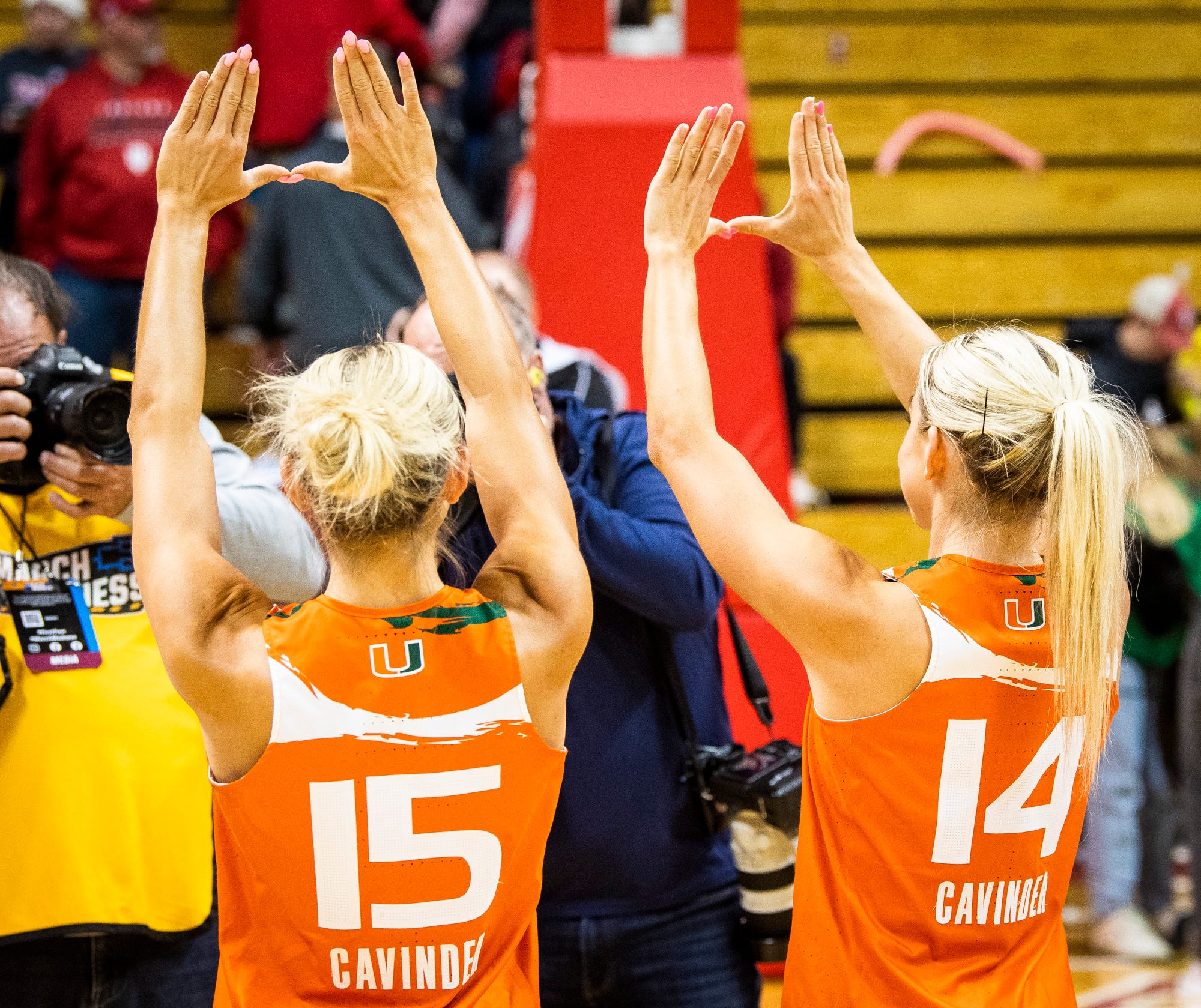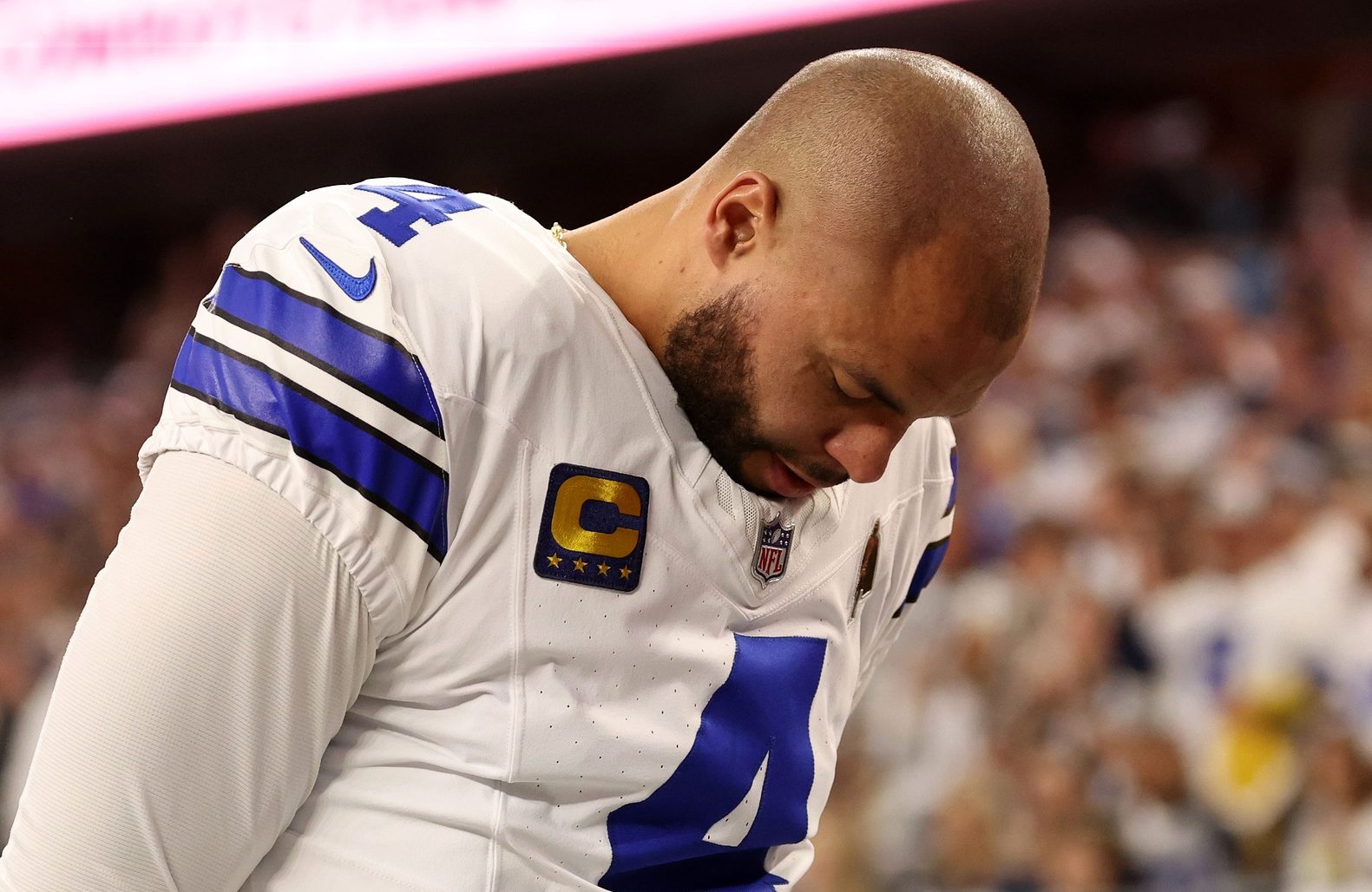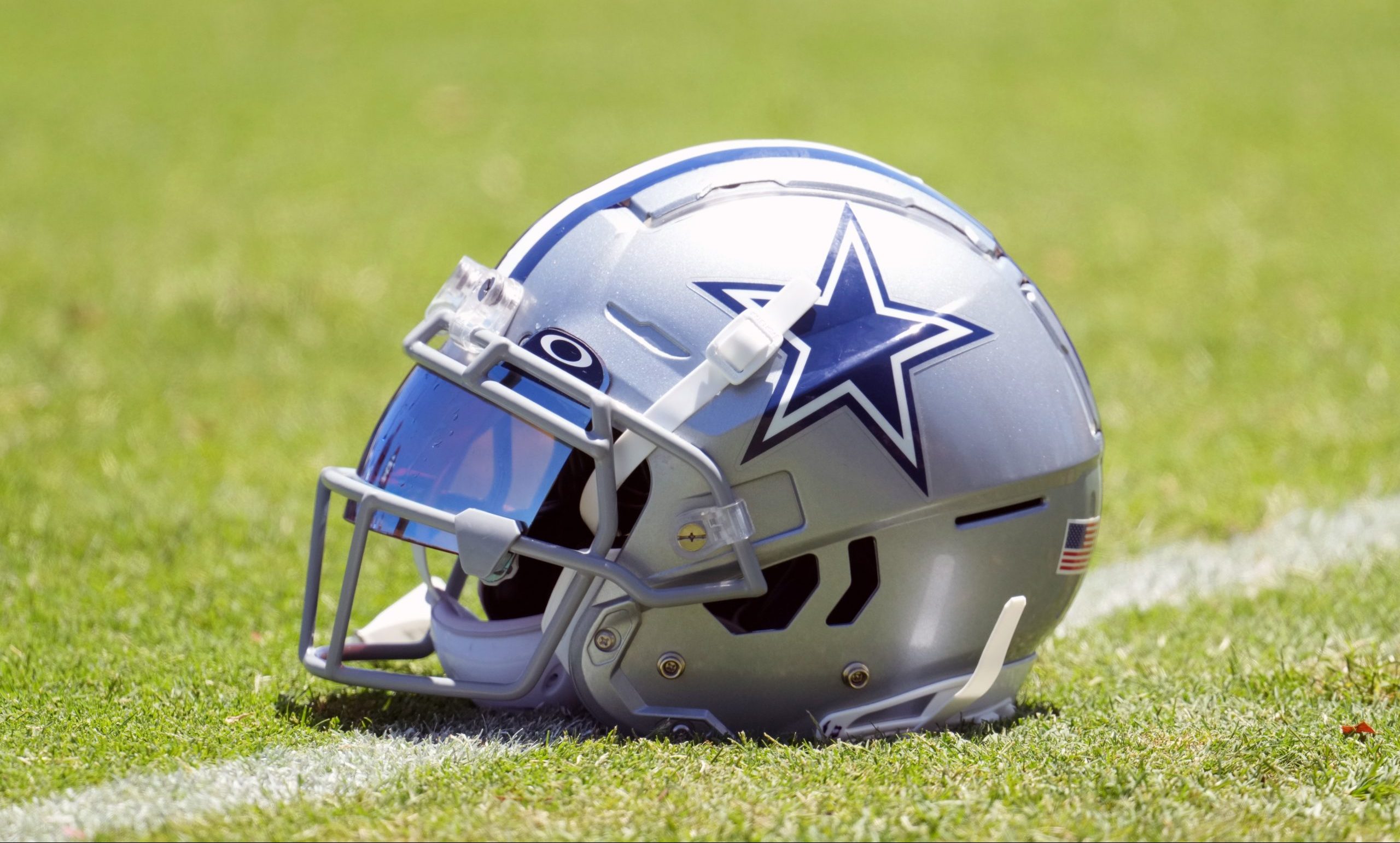It seems ESPN is once again taking up the issue of whether college athlete’s should be paid. Paying college football players has been a hot topic this summer after the SEC meetings where Steve Spurrier put on his shiny armor, mounted a white charger, and rode heroically to the defense of abused college football players. The basic logic is that college football is big business and the key employees, the players, are the only ones not making money. For anyone who turns on the TV or walks into a stadium on a fall Saturday the argument seems to make sense and Spurrier comes off as the one guy who’s telling it like it is. Unfortunately for Spurrier and the players if you look at the realities of student life or the business of college athletics the argument just doesn’t hold up.
The argument always starts with the supposition that college football players bleed for their school but live a dark life without even the ability for the basic day-to-day purchases of a normal student. “We just want to be able to take a girl to dinner out once in a while” is a common refrain in the anecdotal discussion of athlete deprivation. This presumes that all the other students at the university receive bottomless mommy and daddy funding that allows them to live like New York socialites while occasionally attending a class. While that might be true in the movies it couldn’t be farther from reality for most US college students. In fact a full scholarship covers costs like food and housing so a college athlete is actually more likely to have extra money to spend. If you ever wonder why you always see the star players parents in the stands on the TV broadcast it’s because they aren’t paying for college so they can afford to travel to all the games.
The average annual freight at a four-year school in the US ranges from a “measly” $20,000 a year at a public school to over $35,000 annually at a private institution with some higher than that. When I was in school almost every person I knew, myself included, did a full class load plus a part-time job not to pay for a Mercedes but simply to cover the basic cost of education and living expenses. Despite doing double duty, on graduation day the average student walks away with a diploma and over $22,000 in debt. While there may not be 60,000 fans holding their breath a regular graduate gets to deal with the pressure of paying off that debt every day of their life. Really what is being talked about here is not if college athletes should be compensated, they already are, but if they should be making more.
But wait you say, so what if a college football player with only a high school diploma is being compensated for $50k a year in education and living costs plus free equipment, travel, medical coverage, top-notch training, the adulation of their peers and a line on their resume that guarantees an interview with any booster, the schools are making a mint off these kids and they are being cheated! It’s a matter of basic fairness! This is the second major argument in the debate. Actually, in 2009 only 14 of the 120 NCAA Division I college football programs turned a profit. Most schools see football not as a profit center but rather as a PR tool. At the same time the average high school graduate makes $32,000 a year so by that measure a college football player is actually significantly overpaid.
Spurrier’s suggestion that a salary for the players be deducted from the salary of the coaches actually hints at the real inequity in college athletics. The issue is not that players are underpaid but that coaches are overpaid. No one even blinks when a coach making well over a million a year leads his team to a losing record and winds up bought out by the university. Anyone who truly cared about equity in college athletics would look at making scholarship four-year agreements (they’re annual at coaches discretion), limiting schools to sign players only up to the number of scholarships they have available (Spurrier supports over signing), and put more money and time into supporting athletes who don’t make the NFL as they transition into normal lives (former players are known to suffer from obesity and other issues because they don’t learn to adjust their diets and lifestyle).
The bottom line is that in American business senior management cash big checks and line staff don’t. The average fortune 500 company’s CEO earns $9.25 million annually which is 263 times the salary of their average employee ($35,171 for those without a calculator handy). So the issue of paying college football players more than their current “salary” isn’t really about college athletics at all, it’s about capitalism.
The basic tenet of the American financial system says that if someone is willing to buy a product or do a job for a certain amount that’s what that product or service is worth. If college football players feel they are being taken advantage of they have the freedom to opt out. No one is forcing them to play a sport and they are welcome to trade the free education, status and enjoyment they get from football for the same entry level position open to any high school graduate.







